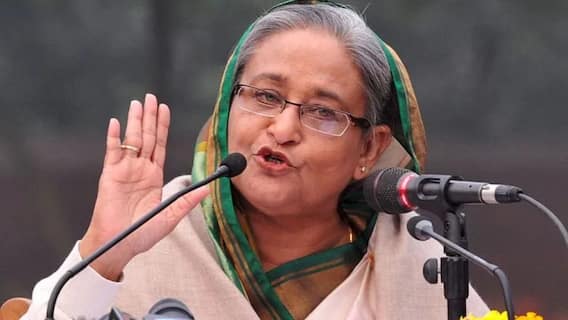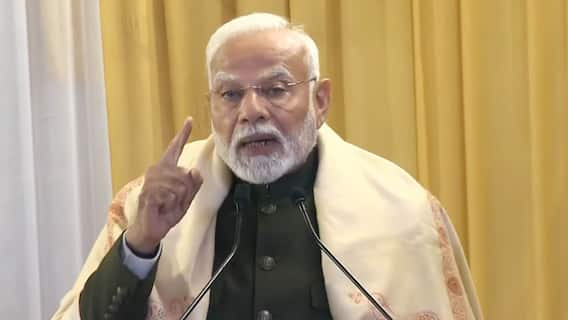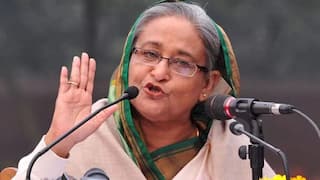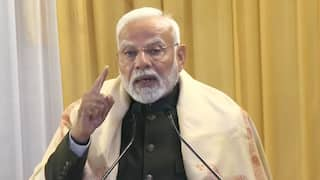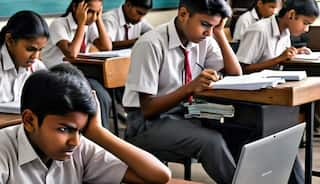DCGI Allows SII To Export Two Lakh Doses Of India's First Home-Grown Malaria Vaccine To UK
In 2020, the Jenner Institute, University of Oxford collaborated with the SII to manufacture and develop the malaria vaccine for large-scale supply. The Jenner Institute has designed the vaccine.

The Drugs Controller General of India (DCGI) has allowed the export of the country’s first indigenously developed vaccine against malaria to the United Kingdom, according to official sources quoted by news agency PTI. The vaccine has been developed by scientists at the University of Oxford and manufactured by Hyderabad-based pharmaceutical firm Serum Institute of India (SII). India’s drug regulator has granted permission to the SII to export two lakh doses of the malaria vaccine.
On September 27, Prakash Kumar Singh, Director, Government and Regulatory Affairs, SII submitted an application to the DCGI, seeking permission to export the malaria vaccine.
"SII has developed the vaccine against malaria under leadership of our CEO Dr Adar C Poonawalla. We have been relentlessly working to make available made-in-India and world-class vaccines against malaria to our country and world at large," Singh was quoted as having said in an application, according to the PTI report.
There is currently only one vaccine against malaria available globally. The vaccine is manufactured by British biotechnology firm GSK, formerly GlaxoSmithKline.
In 2020, the Jenner Institute, University of Oxford collaborated with the SII to manufacture and develop the vaccine for large-scale supply. The Jenner Institute has designed the vaccine.
Trials were conducted on 409 children in Nanoro, Burkina Faso. The trials showed that three initial doses, followed by a booster after a year, gives up to 80 per cent protection against malaria, according to the report.
Together with Oxford University, the SII is conducting advanced-stage trials in African countries.
On September 8, 2022, researchers from Oxford University and their partners reported their findings from the Phase 2 trials following the administration of booster dose of the candidate malaria vaccine, R21/Matrix-M. The findings were published in The Lancet Infectious Diseases journal.
According to the study, the researchers found that a vaccine booster dose at one year following a primary three-dose regime maintained high efficacy against malaria. Also, the booster dose continued to meet the World Health Organization's (WHO's) Malaria Vaccine Technology Roadmap goal of a vaccine with at least 75 per cent efficacy.
Check out below Health Tools-
Calculate Your Body Mass Index ( BMI )
Trending News
Top Headlines





